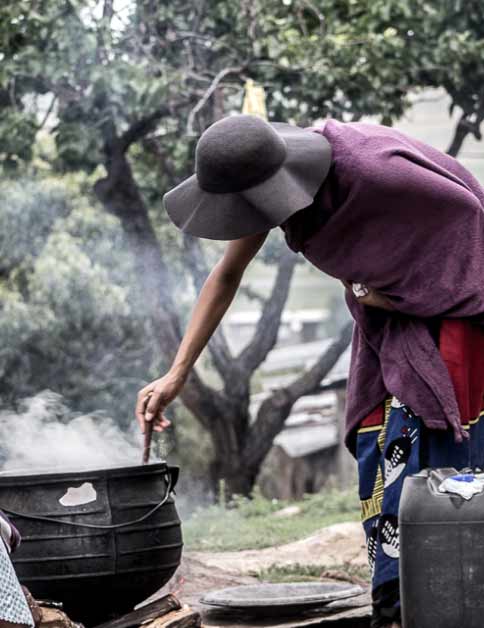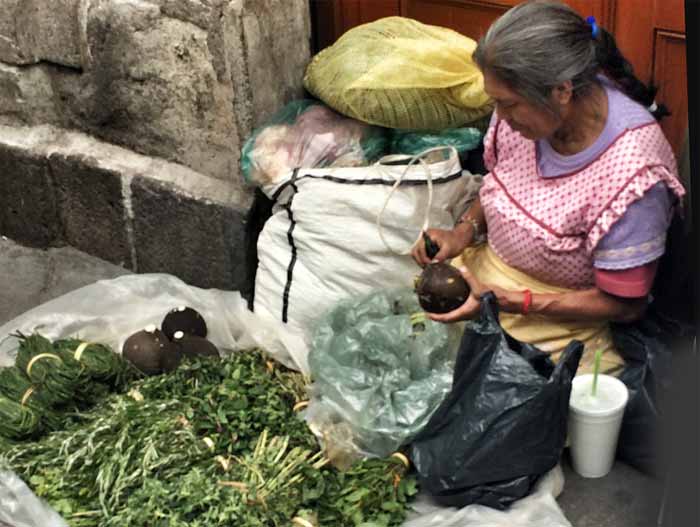Wise women and their influence in herbal medicine
We have all heard about the Salem witch trials. Women were accused of practicing witchcraft when they were using herbal medicine and other home remedies to help people.

Most herbal remedies required that herbs be infused in some type of liquid or oil. This might have been viewed as stirring up a pot of brew or cooking up a spell.
These wise women were not witches or part of an evil cult. They were skilled women using recipes passed from generation to generation. They knew the value of medicinal herbs and were available to help when the closest doctor might be a week away.
Wise women through the ages have used medicinal herbs to treat sick family members and loved ones.

Women have used herbs throughout history.
Wise women around the world know the value of a caring touch when caring for a sick loved one. Many, becoming herbalists out of necessity, also know the value of medicinal roots, seeds, resins, barks, and leaves.
Today in America, we have doctors and nurses to provide us with health care.
Most of these dedicated professionals admit that there is a place for herbs in our daily lives. In today's society, many people are returning to the ways of our elders. It's not just old hippies and third world countries that use herbs.
Herbs are better than modern medicines for some chronic conditions.
Herbs are proven effective for relieving stress and improving various ailments. Many are beneficial for skin and are valued in modern beauty products.
As the Bible states in Proverbs 27:9, "Ointment and Perfume Rejoice the Heart."
Medicinal herbs work best when used in daily life.
Lotions, ointments, tinctures, and teas are four ways to incorporate herbs into our daily lives. There are many more methods including oils, salves, creams, washes, infusions, syrups, inhalants, compresses, baths, capsules, tonics, astringents, lozenges, suppositories, liniments, powders, poultices, and plasters.
Read about making herbal products at home.
Herbs are common in today's society.
Consumers are constantly bombarded with herbal extracts, supplements and cure-alls. Most of these products come with high price tags and exaggerated claims.
If an herbal extract comes last in the list of ingredients, there is not enough of the original herb to do much good. Look for products where the herbal extracts and tinctures come first or second in the list!
Abundant fresh herbs grow wild in most parts of the world.
From the tall spikes of mullein to the silver mountain mint and lovely dandelions, most herbs are found growing wild. They grow in abandoned lots, meadows, along roads, and in pastures.
Herbs are for everyone.
Herbal remedies are easily made with ordinary kitchen equipment. It is inexpensive and fun to make herbal lotions, ointments, tinctures, and teas. Don't worry about being called a witch. The days of witches being burned at the stake are over.
Herbs are for everyone!
Sources:
https://www.lib.uchicago.edu/collex/exhibits/salem-witch-trials-legal-resources/
Blessings to you and yours!
Thanks so much for reading my blog. Jan.

*Note - the information on this website has not been evaluated by the Food and Drug Administration.
© 2005-2024 website design and content by Janice Boling